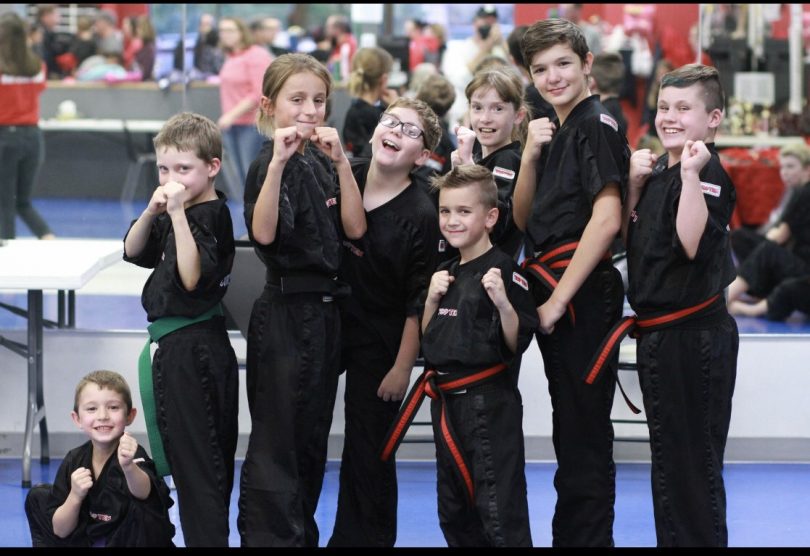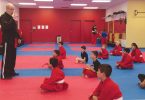The principle of sportsmanship is often stressed to developing athletes – in both competitive and non-competitive arenas. Respect for opponents, the referees, and the rules of the sport are all encouraged. We often treat humble winners with adoration, while we wince at the gloaters and sore losers. This sportsmanship ethos is often valued over winning any individual match or game. As the idiom goes, ‘it’s not whether you win or lose, but how you play the game.’
For many coaches and athletes, this is intuitive. But why is this the case? Are we being apathetic to winning, or rationalizing our losses to console our egos? Maybe, but I see sportsmanship as the fundamental strategy for not just winning a single game or match, but the optimal strategy for maximizing winning. It is the practice of investing long-term strategies towards success.
Sport is a social activity. If an athlete wishes to train and compete with others, he/she must be willing to cooperate and negotiate – with teammates and opponents alike. The arrogant winner often doesn’t establish friendships with their fellow teammates, and thus loses opportunities for extra practice and growth. By being a respectful competitor, you enhance the connections between those in your sport and open doors for your ongoing success as an athlete.
To reiterate, by practicing sportsmanship you are not competing to win any single match, necessarily, but rather acting in such a way that you will be invited back to play the most amount of games (the game within games, so to speak). In other words, you’re becoming the player that others want to play with.
As a coach of the Family Karate Competition Team, I highly value how sportsmanship guides the actions and attitudes of our competitors. While respecting the traditions of good sport, I also encourage them to reflect on what it means to them in furthering their development as athletes, teammates, and members of the community.
By Scot Bowman for Family Karate







